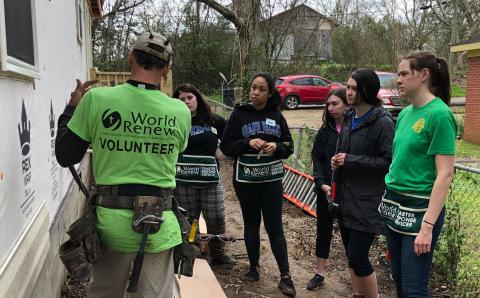I grew up with the admonition, “If you’re not ready to mate, you’re not ready to date,” meaning don’t date until you’re ready for the long commitment of marriage. How do I convey this principle to my teenagers when their friends have girlfriends?
Clearly the above principle was a helpful parental guide for you as you learned to navigate your teenage years. But it is important for you to consider that your teens might need a different approach today. Teens between ages 12 and 18 have a dual task: they must learn how to become independent, and they must also learn how to connect meaningfully with a special person in order to develop the skills necessary to choose a life partner when they are ready for the long-term commitment you speak of. How do they learn these skills? They practice by dating.
Learning to become independent means, paradoxically, becoming hyper-attached to kids in their own age group. At the same time, they seek to create more distance between themselves and their parents.
As well, they must learn to accept the changes in their bodies, which involve a growth spurt, hormonal changes, and sexual development. They have to learn about attraction and emotional intimacy, about trust in a relationship, and about setting boundaries for themselves and a boyfriend or girlfriend—in short, they learn best by dating within their own peer group.
Parents have to adapt and change their parenting style. Instead of exercising control, they can influence—but only to the degree their teens let them. This too needs practice.
Last, parents need to understand that their teens learn most by observing the pattern of intimacy parents themselves are modeling for their teens.
About the Author
Judy Cook is a family therapist and a member of Meadowlands Fellowship CRC in Ancaster, Ontario.





